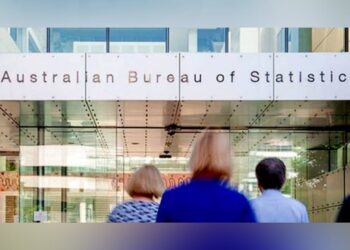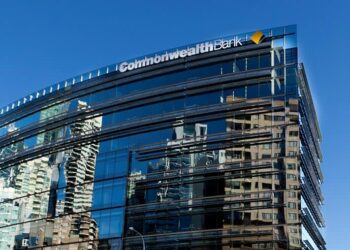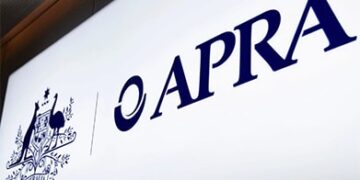The biggest moments from a week at Davos
Investor Daily explores the major events and speeches that have got the world talking at this year’s World Economic Forum in Davos. The 56th Annual Meeting of the World Economic Forum is taking place in Davos from 19-23 January, bringing together nearly 3,000 leaders from more than 130 countries. Attending the prestigious event are political leaders such as US President Donald Trump, European Union President...
Read moreDetails

















